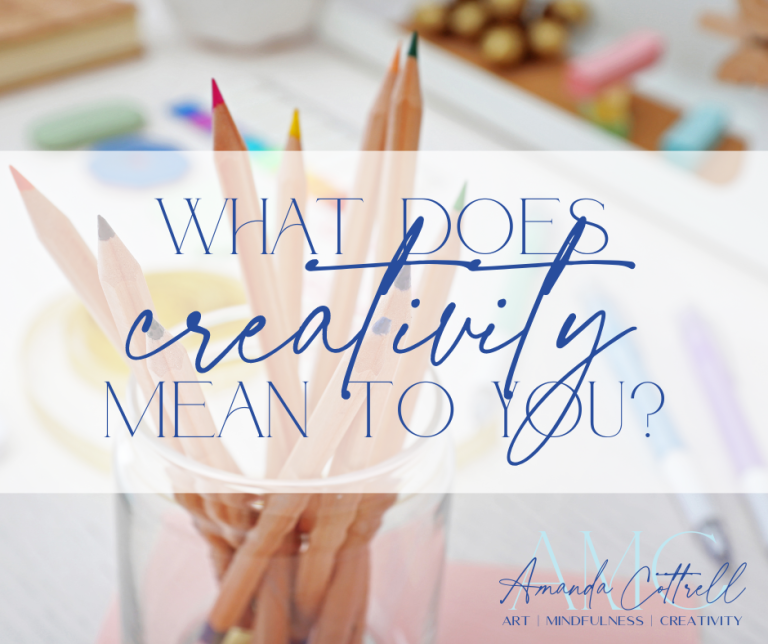Teaching Empathy is Essential
Classrooms today look very similar to what they did forty years ago or even a hundred years ago for that matter. Especially, last year when the students had to sit in rows away from each other an only facing the front of the room. When you think about schooling throughout history you will see that some skills were as essential then as they are now. Yet, there are many things that have become obsolete. Also, many of these essential skills are not clearly taught or nurtured.
Teachers are teaching students for a world that we know nothing about. We do not even know the types of jobs or skills that will be needed in the next few years as technology advances. What we do know is that having skills to collaborate with others, think critically and be able to “read the room,” are all skills that in many ways are timeless. That is why I wrote “I am Empathetic,” to help kids enhance essential skills that are timeless.
So you may ask yourself “am I empathetic.” Almost everyone has some empathy skills, they are built into our very nature as humans to show caring and kindness to another. Empathy expands beyond that by trying to understand the feelings of another even when you have not experienced the situation. You can show empathy by holding space for another to grieve a loss or to be understanding of fears when they are trying something new. Empathy helps make the world a better place.
Buy Now! I am Empathetic! Helping Kids Understand Empathy
In classrooms, we need to develop skills for children to understand that not everyone thinks and acts they way they do. Some kids struggle with writing while others write pages and pages. Some draw amazing sketches while others struggle to draw a stick figure. We all have our own gifts, talents, interests and things we find difficult. Some are natural athletes, some have two left feet. What kids need is to understand that we all have gifts and we all have challenges they just look different for each person.
Skills to help build children’s confidence and self esteem really are rooted in empathy for understanding the strength it takes to step out of your comfort zone and try something new. Some kids jump at the challenge to try new things while other are terrified. We all approach the unknown differently.
Some people are very empathetic and can essentially walk into a room and feel the energy of it. They may ask themselves, “Why am I so Empathetic?” In this case, they may be an empath. Empaths literally feel others energy and can take it on as their own if they do not understand how to protect their own energy. People who are very empathetic tend to take on a lot and will deplete their own energy to help others. The problem is that you cannot serve from an empty glass so empaths need to ensure that their “cup” is full so that they can truly show empathy for themselves and others.
You may also be thinking, “How Empathetic am I?” Well we all have various degrees of empathy for different people and situations. Sometimes when an event or action directly relates to a friend or family member people will have more empathy then they do for someone that they do not know. Some people also question their actions when they ask themselves, “Why am i not empathetic?”
People who lack empathy generally have more problems in their relationships because they struggle to understand another person’s perspective or what they are going through. Lacking empathy can look like: blaming behaviours, being very critical of others, not forgiving people for honest mistakes, no patience for someone’s emotional reaction, reacting with extreme impatience and anger, not understanding how their behaviour affects other people, etc. We all exhibit these behaviours to some degree as well, especially when our energy is depleted. Everyone benefits from self-reflection, when these behaviours escalate in themselves. Self-regulation is a skill that goes hand in hand with building empathy skills.
Empathy plays a huge role in building social connections and will directly affect a child’s ability to create prosocial behaviours. Which is why it will always be a timeless skill that needs to be fostered as early as preschool and into adulthood.





2 Comments